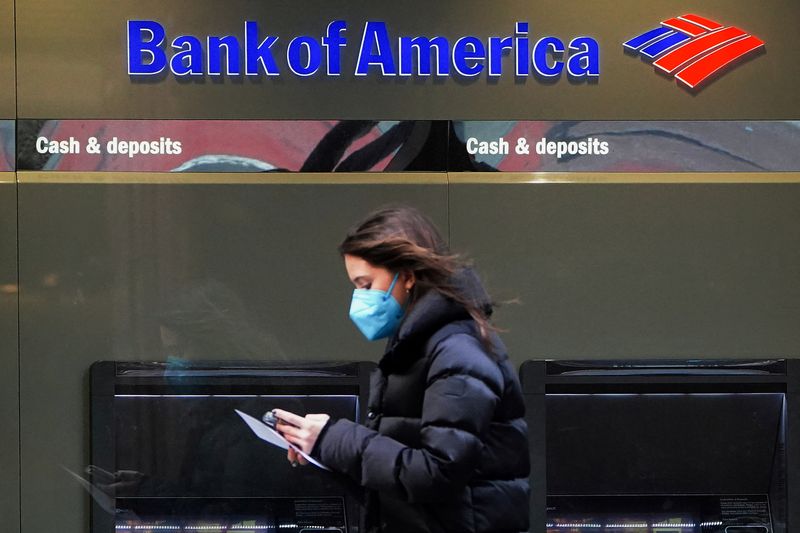(Bloomberg) -- Wall Street traders fully priced in quarter-point increases at both of the Federal Reserve’s next two meetings — and a higher eventual peak for interest rates.
The May overnight index swap contract rose to 5.11%, more than 50 basis points above the current effective fed funds rate. The market also priced in a higher so-called terminal rate, with the July contract rising to 5.31%, reflecting a roughly 70% chance of a third quarter-point hike in June.
The moves accompanied the latest increase in US Treasury yields to their highest levels of the year, with the two-year note’s rising as much as 7 basis points to 4.71%, within 10 basis points of a multiyear high reached in November.
Treasury yields had largely erased their early rise by mid-morning in New York, with the shift reflecting a squaring up of an oversold market before the long weekend. The policy sensitive two-year is sharply higher on the week, up from 4.52%.
“I do think the two-year yield can revisit its November highs,” said Priya Misra, global head of rates strategy at TD Securities. A possible catalyst next week is personal income and spending data for January, which includes the measure of inflation favored by the Fed, she said.
In remarks on Friday, Fed Governor Michelle Bowman said the central bank should keep raising interest rates to reduce inflation which remains “much too high.”
The shift higher in market expectations for the Fed’s policy path has been spurred by economic reports showing a tight labor market and stickier inflation than the market expected at the start of the year.
Economists at Bank of America (NYSE:BAC) and Goldman Sachs (NYSE:GS) Thursday revised their Fed policy forecasts to include a June rate increase to follow moves in March and May.
Further data showing that strength in January was “not an anomaly” will increase pressure on the Fed to accelerate their pace, Seth Carpenter, chief global economist at Morgan Stanley (NYSE:MS) told Bloomberg Television. Another employment report comparable to last month’s will prompt policymakers to consider reverting to half-point hikes, he said. Two officials on Thursday signaled they were open to that.
The Fed has raised its policy rate eight times since March 2022, most recently to a range of 4.5%-4.75% on Feb. 1, after dropping the lower bound to around 0% two years earlier at the onset of the pandemic. The central bank indicated at the end of last year a forecast peak of 5.1% for policy and no rate cuts in 2023.
Traders via swaps covering the December Fed meeting have downgraded the odds of a quarter-point rate cut from the peak by year-end to around 75%.
